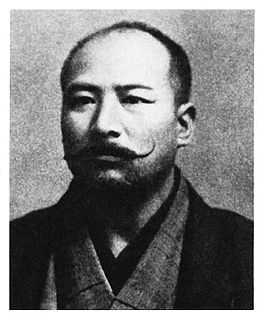A Quote by Sun Tzu
If your opponent is of choleric temper, irritate him.
Related Quotes
If your enemy is secure at all points, be prepared for him. If he is in superior strength, evade him. If your opponent is tempermental, seek to irritate him. Pretend to be weak, that he may grow arrogant. If he is taking his ease, give him no rest. If his forces are united, separate them. If sovereign and subject are in accord, put division between them. Attack him where he is unprepared, appear where you are not expected.
I have found life highly competitive. I accept it. It is useless, merely a hypocritical humbug, to sincerely wish your opponent to win. If you are out to win you are better not wanting to know your opponent, much less grow to like him - and wish him, honestly success over you. I have never functioned that way.
I have often urged my young friends, when faced with an adversary, to "play polo" with him; i.e., not to go at him bald-headed but to ride side by side with him and gradually edge him off your track. Never lose your temper with him. If you are in the right there is no need to, if you are in the wrong you can't afford to.
In holding your antagonist, therefore, you should hold him lightly as if your arms were nothing but chains which connect you with him, so that you may stretch or contract them at will when necessary, and pull or push him in any direction you choose. If you pull your opponent or apply your tricks on him by putting from the beginning too much strength in your arms, then you are going to contest with him by means of your power and against the principles of Judo. In doing so, you can never expect to succeed in your contest.
The opponent strikes you on your cheek, and you strike him on the heart by your amazing spiritual audacity in turning the other cheek. You wrest the offensive from him by refusing to take his weapons, by keeping your own, and by striking him in his conscience from a higher level. He hits you physically, and you hit him spiritually.
When you go out on the court whether it be for the championship or just a scrimmage, have confidence that your abilities and what you've learned in your drills are better than your opponent's. This does not mean you should disregard your opponent. Before taking the court for any game, you should do a lot of thinking about what you have to do to beat your opponent and what he must or can do to beat you.
Remember the basic rule. Make friends with your caddie and the game will make friends with you. How true this is. It is easy to arrange that your guest opponent shall be deceived in to undertipping his caddie at the end of the morning round, so that the news gets round among the club employees that your opponent is a no good, and the boys will gang up against him.





































